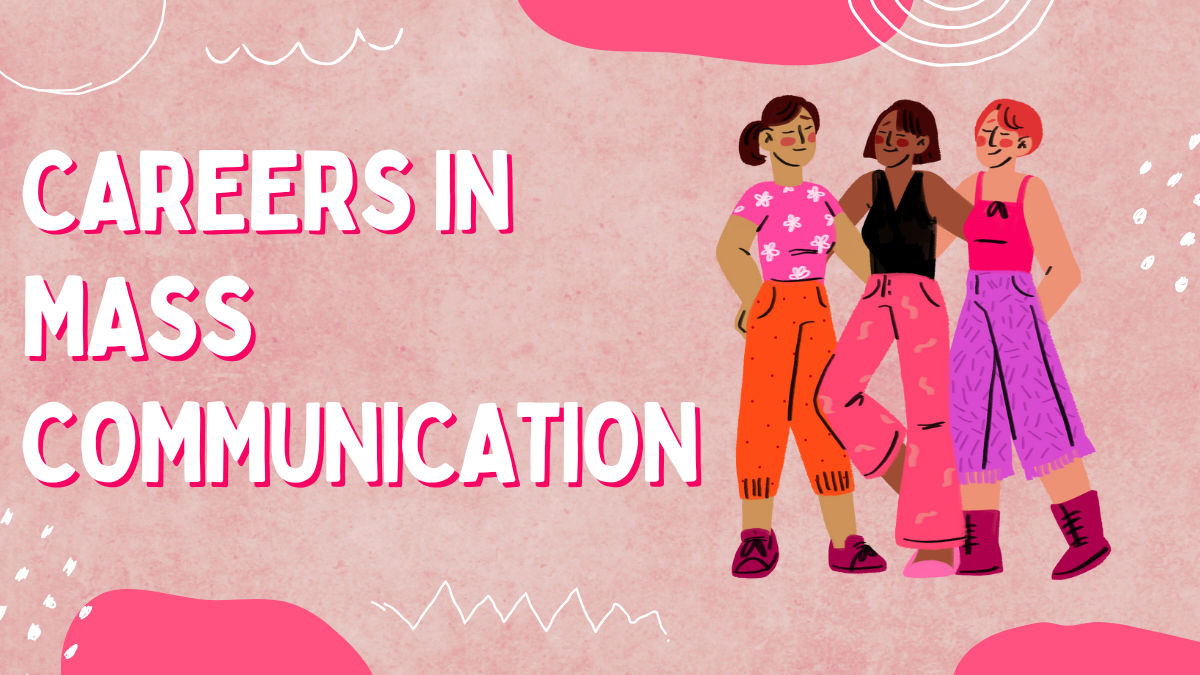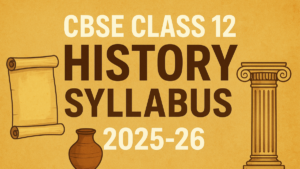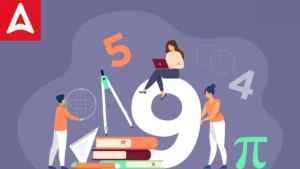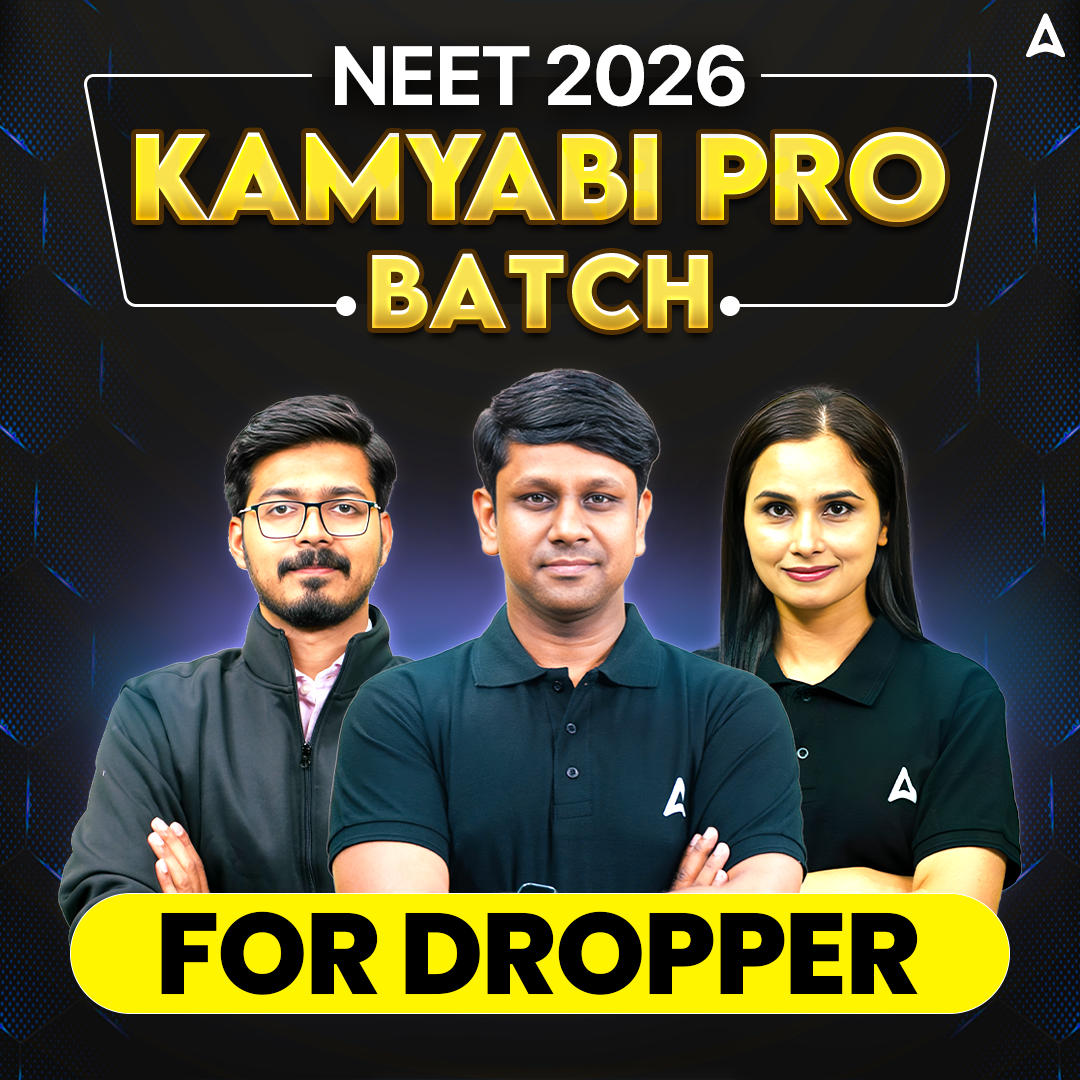Mass communication is the study of sharing information with large audiences through various media. When students study mass communication, it offers many creative possibilities and ways to help other people. With time and experience, they can get well-paid jobs and enjoyable careers. Today, many people are choosing mass communication. From this article, we will discuss job positions available after completing a mass communication course, Career Options in Mass Communication.
Career in Mass Communication
Mass Communication may open many platforms for the students who want to make their career in the mass communication field. They all can opt for any of these career options according to their interest. Here are some options that you can apply for:
Desk Writer
In journalism, Desk Writers are the journalists working for the “Desk” department of newspapers or news channels. They write and edit news stories on important events of the day. Desk writers make sure that news is accurate, clear, and ready to be published or broadcast.
|
Reporter
Reporters are experts who find stories in their “beats.” Reporters are assigned beats, for example, dealing with politics, law, guys, education, lifestyle, or entertainment. Based on the reporter’s background, their beat could be local, national, or international stories informing the public.
Correspondent
Correspondents are essentially the same as reporters, except they are considered specialists on a topic. So, a political correspondent writes only political stories. Their job is similar to reporters, but a correspondent usually resides in a major city or another country, observing a global or national event that is taking place, in person.
Sub-Editor
A sub-editor’s role is to check grammar, facts, and style in a story behind the production of story before it is published. A sub-editor’s job is to check the story objectives, factually accurate nd straightforward for people to read the story. It is for the Sub-Editors to make sure the detail of the story is retained.
Editor
Editors have greater responsibility because they not only write and edit articles, but they also plan and organize the overall content of newspapers, magazines, or TV/radio news. They decide what gets published and how in terms of the story itself, pictures, graphics, and content. They have the last word before it is published to the public.
Video Editor
In media production, Video Editors make sure that the visuals have been edited creatively and are effective for presentation to an audience. Graphic Editors design graphics, charts, and infographics, using graphics to make the information for newspapers, magazines, or TV more engaging and easier to understand.
Sound Mixer and Sound Recorder
Sound recorders/mixers capture and manage sound in films, live recordings, television shows, etc. They make use of professional equipment to ensure that the sound is professional and sound is clear.
Radio Jockey
A Radio Jockey (RJ) hosts talk shows on the radio, plays songs on the radio, and connects to listeners by allowing others to call in, send text or e-mail messages. It performs radio shows using its voice and personality. On television, an anchor or news presenter is the face of the channel. They will present news bulletins, analyze events, and even, in some cases, host shows or segments in order to present information.
T.V. Producer
The television show producers are the ones who are responsible for the development of a TV property and then see it through to completion, which includes everything from idea generation to treatment development to scheduling shooting progress, as well as dealings with directors, actors, and production personnel. Radio show producers echo the first two features of television producers, since they are the ones responsible for the entire creative and production, marketing/distribution process.
Photojournalist
Photojournalists create narratives with photographs. Photographers take, edit, and package photographs of actual events – sometimes photographed in difficult or precarious situations. Video Journalists also create narratives, but with video footage. In many cases, they do it all, taking on the responsibility for all of the components from capturing the footage to editing it, to reporting it to provide audiences with actual first-hand reality.
Illustrator
Illustrators produce illustrations for newspapers, books, magazines, and ads to convey a visual message or a visual story. Cartoonists create caricature illustrations that include humor about something, usually poking fun at something that is happening in politics, culture, or social issuestoto provide enjoyment and present another objective to news publications.
Public Relations Officer
A Public Relations Officer (PRO) is a person who manages the reputation of a person, business, or brand by crafting their image; it is the PRO’s job to help generate positive public opinion about and trust in people. Blog Writers, or bloggers, produce written pieces on given subjects for blogs, websites, or publications. There are even bloggers who write their own blogs and make money from them.
Director
The Director is in charge of overseeing the course of films or television programs, often making sure the filmed sounds and images come out as intended, in terms of the director’s artistic vision for angles, lighting, equipment, what the actors are doing in front of the camera, etc. The Vision Mixer is a person who edits a live television program at the same time it is being recorded or aired live on television. A Vision Mixer does transitions by suggesting edits, cuts, fade-ins/fade-outs, wipes, and also just making sure the “live” program looks as polished as a production can be made to look.
Scriptwriter
A scriptwriter produces a script for television programs, movies, stage productions, or advertisements. Checking if a script will enter production depends on the scriptwriter‘s storytelling and writing approach, as it maintains its basic story format, to how it is presented to its performing audience on screen and or stage.
The table mentioned below provides you with an idea of the annual salary for all these job profiles:
| Job Role | Average Salary (per year) |
|---|---|
| Desk Writers | ₹2,50,000 – ₹5,00,000 |
| Reporters | ₹3,00,000 – ₹6,00,000 |
| Correspondents | ₹4,00,000 – ₹8,00,000 |
| Sub-Editors | ₹3,50,000 – ₹6,50,000 |
| Editors | ₹6,00,000 – ₹12,00,000 |
| Video Editor | ₹3,00,000 – ₹7,00,000 |
| Graphic Editor | ₹3,50,000 – ₹7,00,000 |
| Sound Mixer & Recorder | ₹3,00,000 – ₹6,00,000 |
| Radio Jockey (RJ) | ₹2,50,000 – ₹6,00,000 |
| Anchor | ₹4,00,000 – ₹10,00,000 |
| TV Producer | ₹6,00,000 – ₹15,00,000 |
| Radio Producer | ₹4,00,000 – ₹8,00,000 |
| Photo Journalist | ₹3,00,000 – ₹7,00,000 |
| Video Journalist | ₹3,50,000 – ₹8,00,000 |
| Illustrator | ₹2,50,000 – ₹6,00,000 |
| Cartoonist | ₹3,00,000 – ₹7,00,000 |
| Public Relations Officer (PRO) | ₹4,00,000 – ₹9,00,000 |
| Blog Writer | ₹2,00,000 – ₹5,00,000 (higher freelance possible) |
| Director (TV/Film) | ₹8,00,000 – ₹20,00,000+ |
| Vision Mixer | ₹3,00,000 – ₹6,50,000 |
| Scriptwriter | ₹4,00,000 – ₹10,00,000 |
New Career Options in Mass Communication
As we are in the Developing Era, India is also a developing country. All work is going online with the help of the latest technology. So here are some job profiles that you can start with your studies and develop skills to make a better career.
| Job Role | Description |
| Social Media Manager | Handles the company’s social media presence, schedules posts, runs campaigns, analyzes performance, and maintains brand image. |
| Digital Content Creator | Creates content in text, video, audio, or photo format. Includes YouTubers, Influencers, Writers, and Podcasters. |
| Digital Marketing Specialist | Runs online ads, designs marketing campaigns, and manages promotions across social media, websites, and search engines. |
| Online Community Manager | Builds and manages online communities, engages with audiences, and keeps conversations active. |
| SEO Specialist | Optimises content for search engines to increase visibility and reach target audiences. |
| Influencer Marketing Agent | Connects brands with influencers, manages collaborations, plans campaigns, and ensures smooth execution. |










 CBSE Class 12 History Syllabus 2025-26, ...
CBSE Class 12 History Syllabus 2025-26, ...
 CLAT Sample Papers 2026: Your Smart Shor...
CLAT Sample Papers 2026: Your Smart Shor...
 Quantitative Aptitude Questions for CLAT...
Quantitative Aptitude Questions for CLAT...











